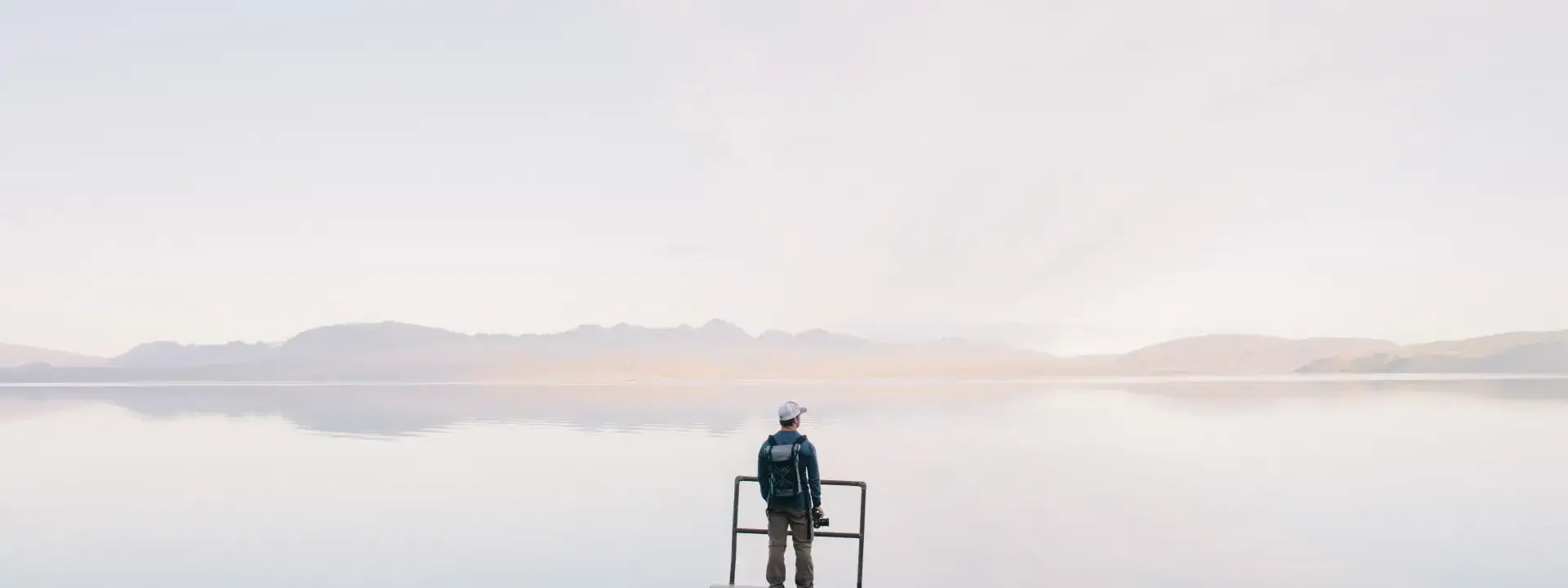
Landscape Photographer Job Description
What is a Landscape Photographer Professional?
A landscape photographer is a professional who captures images of natural scenery. This can be in the form of grand vistas, mountainous terrain, bodies of water, forests or even small gardens. Landscape photographers typically use wide-angle lenses to capture as much of the scene as possible, and they often travel to remote locations in order to get the best shots.
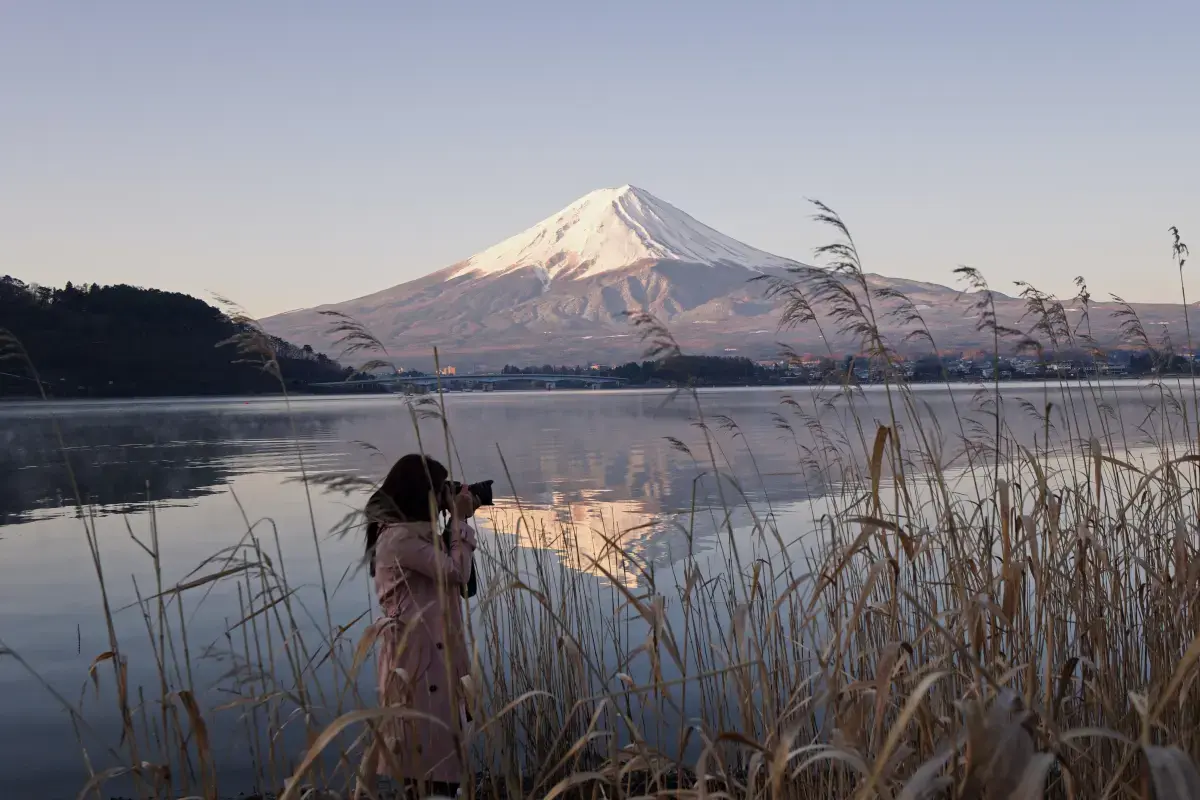
What does a Landscape Photographer Expert do?
Most landscape photographers work freelance, meaning that they are their own boss and set their own hours. They may shoot on commission for magazines or other clients, or sell their prints through stock photo agencies or directly to customers. Many also teach workshops or give lectures about photography techniques.
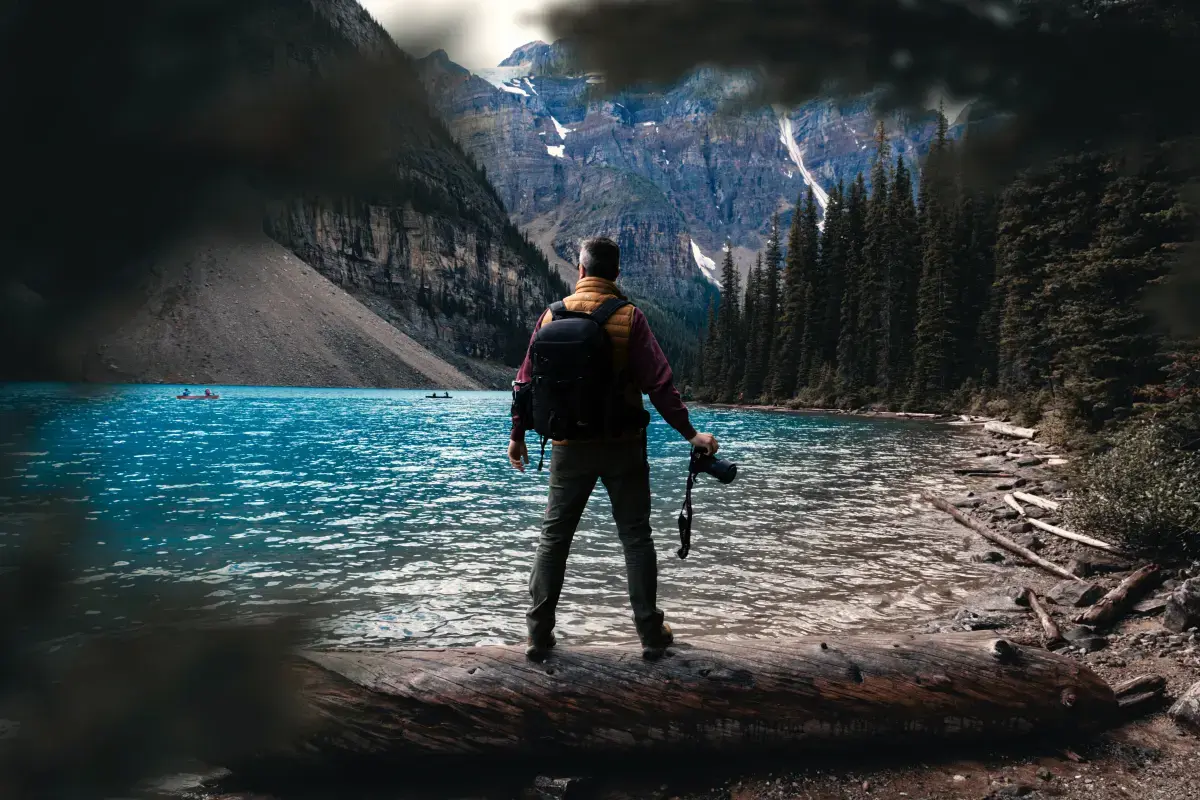
What are the Skills of a Landscape Photographer?
A landscape photographer needs both technical and artistic skills. The technical skills include an understanding of exposure, lighting, composition, focus, white balance and USB transfer protocols. Landscape photographers also need to be able to use photo-editing software to adjust color saturation, contrast and sharpness levels. The best way for a photographer to hone these technical skills is through practice and experimentation with different camera settings. Composition is the placement or arrangement of visual elements in a scene. It includes the organization of lines, shapes, colors, and forms within the frame. The goal of composition is to produce a pleasing image that has visual balance and harmony.
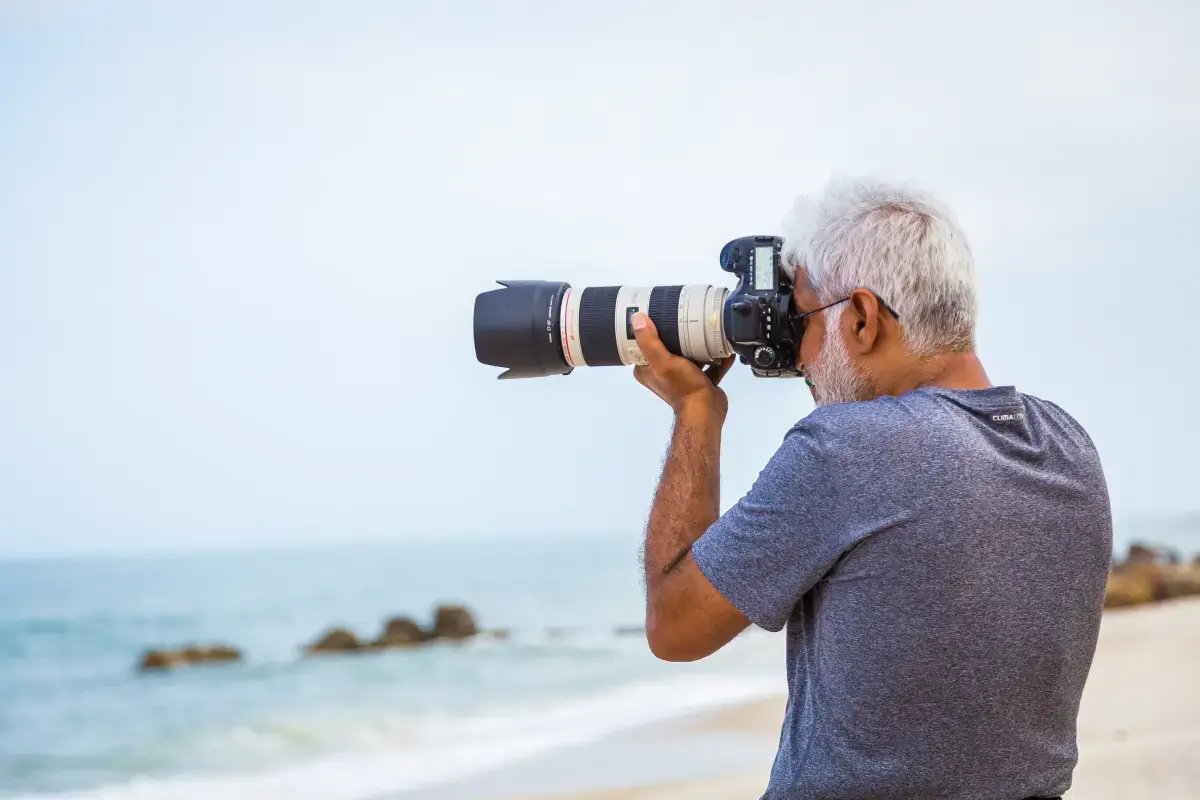
What makes an Expert Landscape Photographer?
A landscape photographer must be able to see beyond the obvious and look for creative ways to arrange the elements in their frame. Lines are one of the most important tools for creating compositions as they can lead your eye through an image and create a sense of different moods depending on how they’re used. Horizontal lines convey peace while diagonal lines convey action or movement. Sometimes you can use both types of line together such as when photographing mountains with horizontal layers leading up to sharp peaks which created dynamic tension in an image The Rule Of Thirds is probably THE most well-known conventional wisdom about composing images and it applies very well to landscapes! imagers often put horizons on either dead center or at 1/3 points along vertical borders (at 2/3 if theres something interesting happening IN that sky). But this rule isnt set in stone: Horizons sometimes work better off-center (to echo other subjects closer into camera), but following these guidelines gives you compositional Freedom To move things around without too much worry whether everything will still make sense.. And remember - once again - formal "rules" like this one were meant more as general GUIDELINES than actual rules; nothing wrong with breaking them now & then
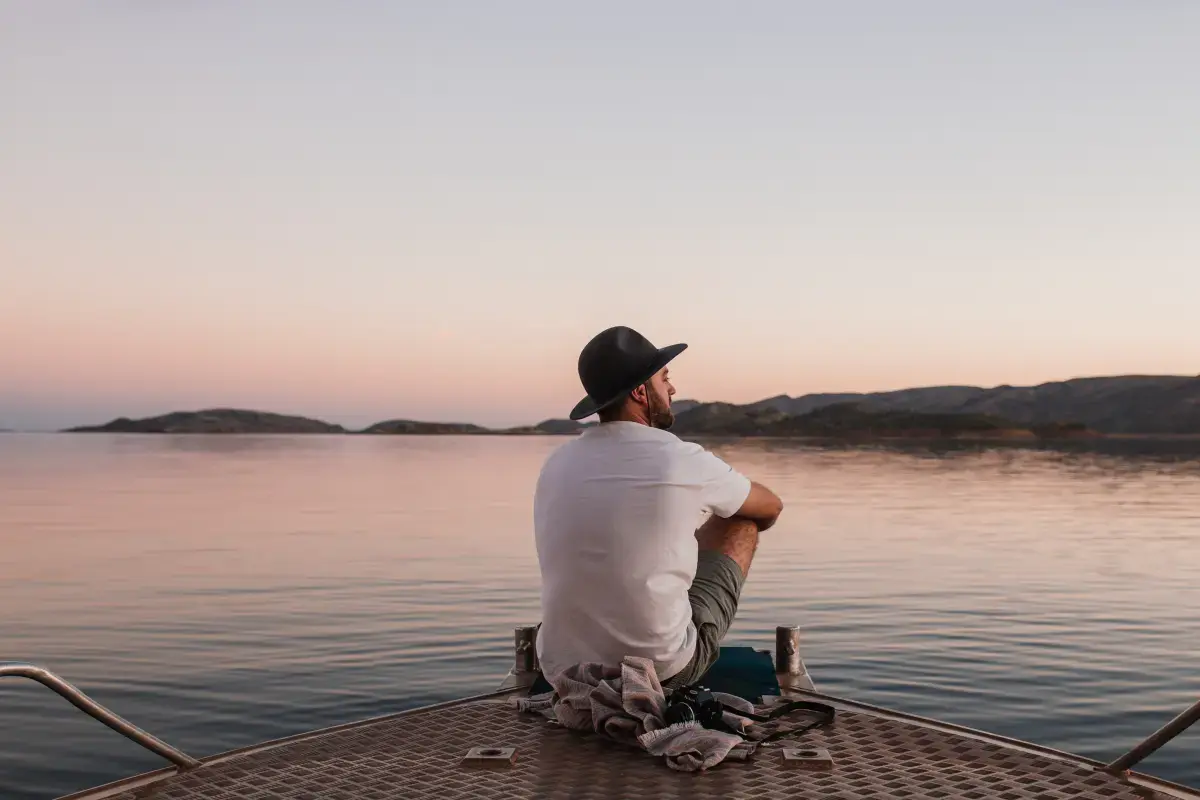
What level of Experience & Qualifications are required to be a Landscape Photographer?
1) Industry experience: Photographers typically need a minimum of 2-4 years of hands-on experience to be considered an expert. Many websites and magazines hire experienced photographers for feature stories, so having a portfolio with impressive images is crucial for success. Additionally, landscape photography requires knowledge about light, composition and the environment. Being up to date on the latest equipment is also essential when marketing one’s skills as an expert photographer. 2) Training: Most experts have worked hard over several years studying how to take better pictures in varied conditions and scenes. Taking classes or workshops in photography, sometimes with specific emphasis on nature photography can sharpen skills even further towards becoming an expert photographer in this discipline. 3) Qualifications: Expert location photographers may be certified by organizations such as the Professional Photographers Association or American Society of Media Photographers to demonstrate their aptitude behind the camera lens within a given field like landscape photography; these certifications act as evidence that one has mastered her craft after extensive testing and evaluation by someone who knows what they’re looking at when it comes to striking photographs outdoors that pop from paper or screen alike—not always easy! Additionally, some national competitions offer recognition for expert photos amongst peers which can add credibility among potential clients/collaborators along with further honing photographic vision why taking part in said competitions/exhibitions such as juried shows across America every year celebrating top work related to landscapes.. Occasionally universities will also offer master classes featuring distinguished photographers which only increase ones talents all around--helping them stand out more so then their competition too whilst gaining professionalism in ones efforts through overall education provided on studio techniques not usually developed via normal teaching practices easily available otherwise without access certain programs help open doors leading into additional career paths best suited particular preferences shooting countless scenes worldwide like never before being able mastermind his/hers plans while whetting creative side at same time! 4) Education: Formal education beyond training isnt necessary but can provide theoretical understanding of concepts related to landscape photography that books do not address well enough even if already completed class courseworks still beneficial go through accreditation process pass group test parameters set forth those trying prove worth industry standards especially those demanded international clients seeking level excellence above average applicants... It may be possible obtain degree program majoring specialized field would fully prepare anyone wishing enter business although studying business management side professional field also recommended make oneself more marketable potential employers looking hire full time staff members versus freelancers working part-time basis supporting existing projects (Varied internships normally require extra schooling gain deeper insights into world higher levels fame greatness unmediated comfort zone).
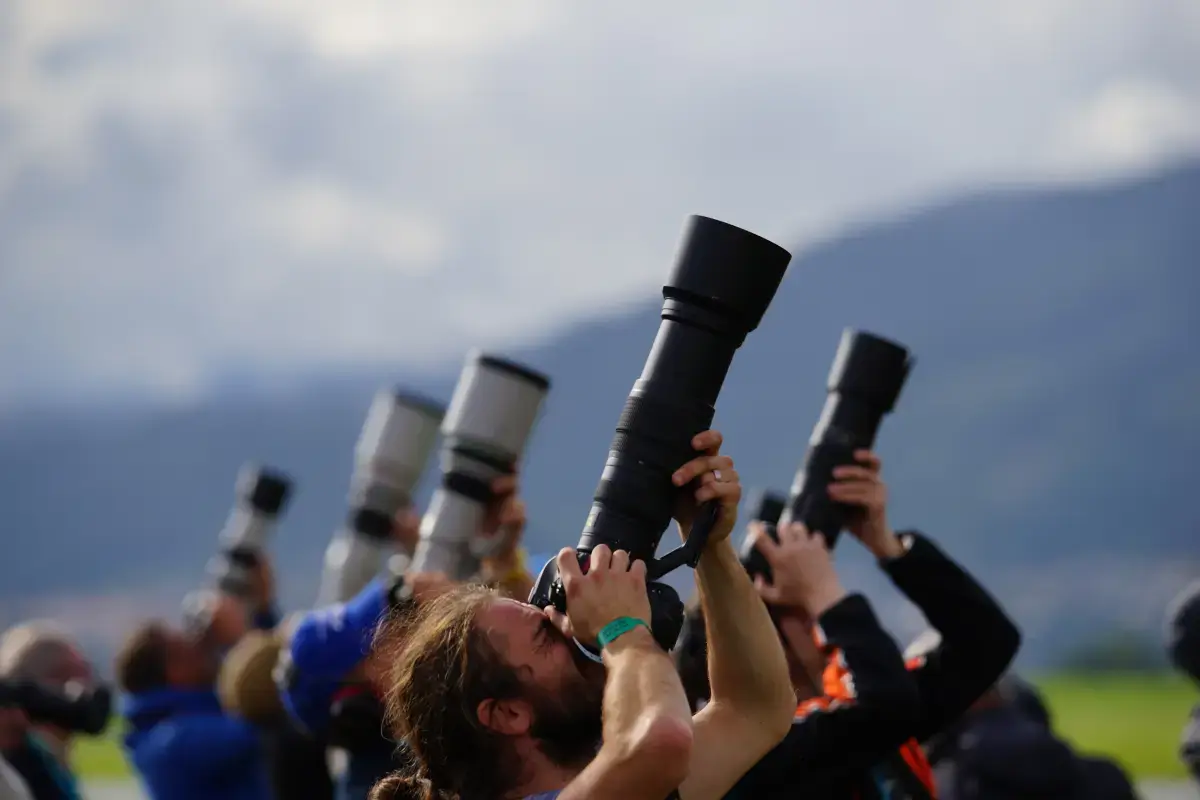
What is the Salary of a Landscape Photographer?
A junior landscape photographer will usually make a starting salary of around $30,000 to $50,000 per year. As their skills grow and the depth of their portfolio improves, these salaries can easily increase by around 20 percent. At the mid-level range (around 2-5 years experience), landscape photographers may be paid anywhere from $50,000 to $80,000 depending on the quality of their images and career reputation. In some cases photographers with several years experience may even make upwards of six figures in a given year. For those who are established professionals with multiple clients and substantial portfolios (10+ years or more experience) they may have a salary ranging anywhere from the mid-$70k all the way up to over six figures annually. With experienced and talented senior level photographers commanding fees well over $100k in certain cases — jobs that require additional travel expenses being covered as well — an average yearly income between $85k -$115 k is not unheard of for top rated prospects such as these who operate high demand studios or businesses in major metropolitan regions such as San Francisco & New York City
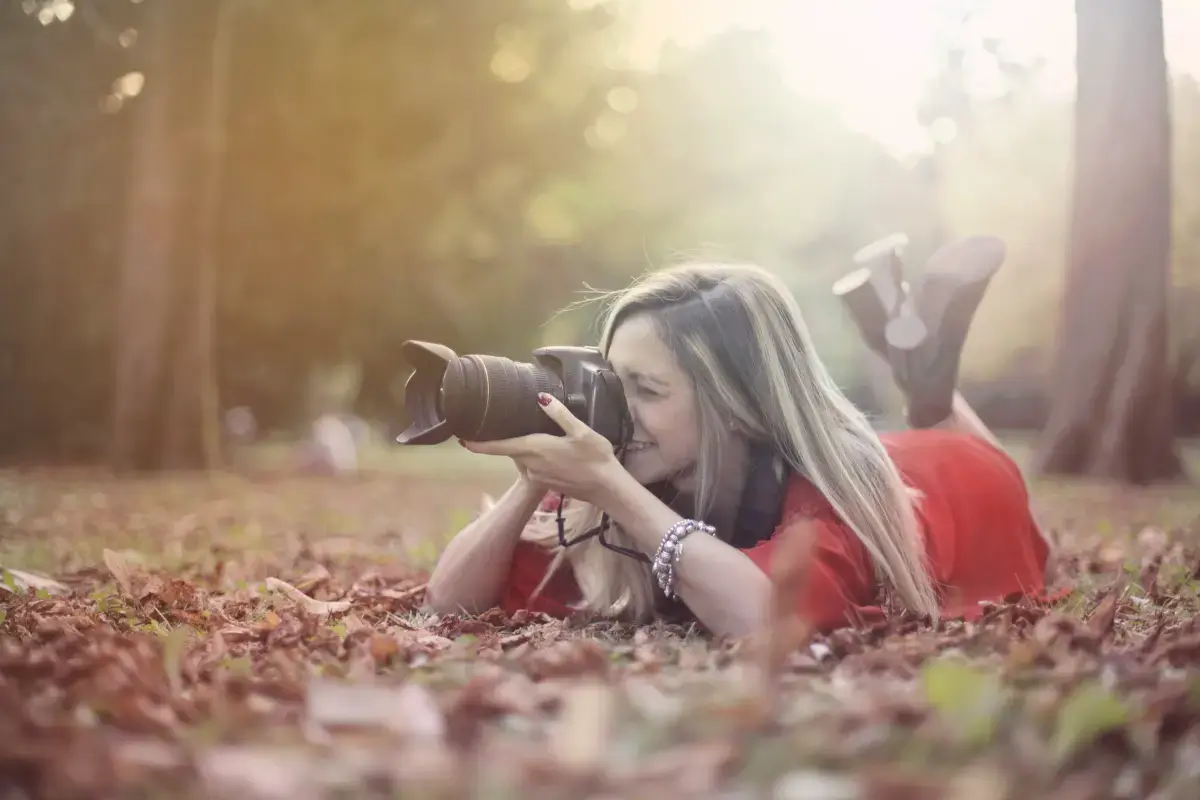
What are the Working Conditions for a Landscape Photographer?
General working conditions for a landscape photographer vary depending on the type of photography they are doing and the environment they are shooting in. Generally, landscape photographers will spend long days outdoors, often alone or in small groups, in various conditions and climates. Time spent shooting can range from several hours to weeks or even months at a time. During these shoots, photographers may be exposed to extremes of temperature and weather; mountains that require steep climbs up trails; deserts where water resources must be managed carefully; remote areas with limited access; and high altitudes with oxygen levels lower than normal. Additionally, travel is usually necessary when performing assignments away from home base. Whatever environment is being shot has its own set of hazards that have to be taken into consideration –summer storms can become dangerous quickly as well as extreme heat in some desert locations leading to sunburns or dehydration despite precautions taken by the photographer. It also requires physical endurance since lugging heavy equipment up steep terrain is often required for dramatic shots found only at higher elevations or further out-of-the way spots inaccessible by vehicles most times.. Safety should always take precedence so staying alert during your entire shoot day is essential no matter how many hours you’ve been out there—especially if you’re alone or don’t have someone watching your back while you capture stunning images!
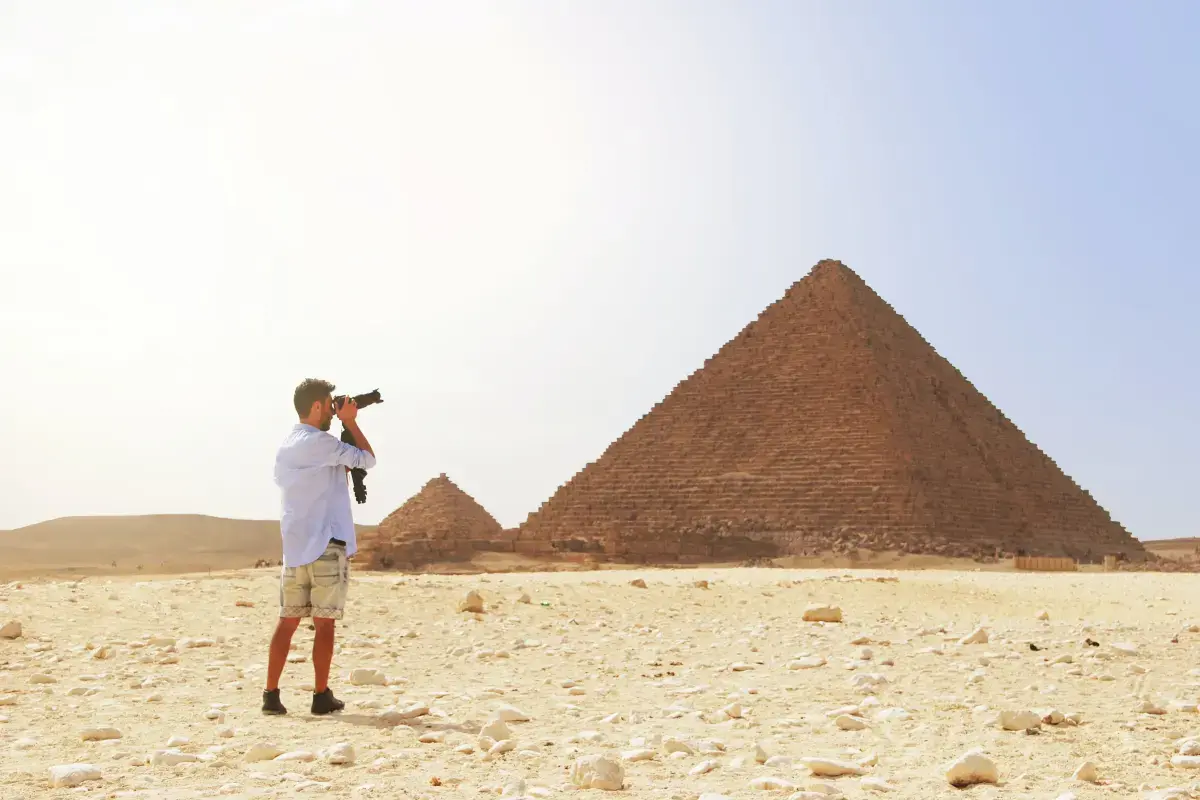
What are the roles and responsibilities of a Landscape Photographer?
To take photos of landscapes that accurately represent the scene
To use lighting, composition, and other photographic techniques to create stunning images
To research locations beforehand in order to plan for the best photo opportunities
To be aware of potential hazards when shooting in remote or dangerous locations +
To have a strong understanding of camera settings and how they affect landscape photographs
be able to troubleshoot on-the-spot if something goes wrong with equipment
It is also important for photographers to know how to process their raw files using software like Adobe Photoshop or Lightroom post production
keeping abreast of new developments in digital photography technology so that they can incorporate them into their work
building up a network contacts within the industry which can provide leads
joining professional organisations such as The Royal Photographic Society (RPS)
being proactive about seeking out assignments and marketing themselves
establishing good working relationships with clients
negotiating contracts
invoicing clients
maintaining up-to-date records
complying with copyright law
protecting their own intellectual property
writing articles or blog posts about topics related to landscape photography
giving talks or workshops on various aspects of this genre
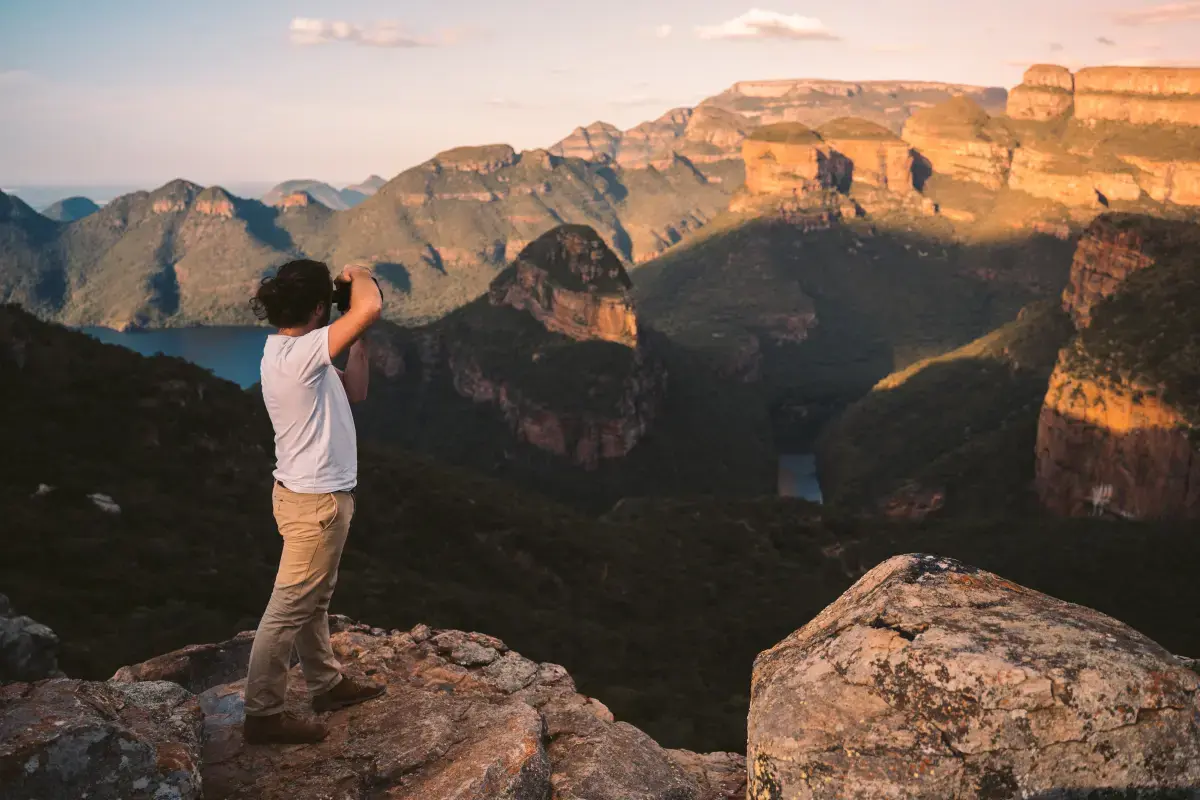
Where can I find Landscape Photographer jobs?
- Create a profile on gigexchange and promote your Landscape Photographer skills to advertise you are Open to New Work Opportunities
- Ensure your Resume (or CV), or online work profile is up to date and represents your skills and experience. Ensure your reputation reflects your ability & attitude.
- Apply for Landscape Photographer Jobs advertised on gigexchange.
- Practise Landscape Photographer interview techniques to ensure you represent your personality and ability succinctly and confidently.
- Accept the job offer if the salary meets your expectations and the employer mission and purpose reflects your core values.
Jobs
What are the best job boards for Landscape Photography jobs?

How can I hire Landscape Photographer staff online for my business?
The best job board for recruiting Landscape Photographer experts is gigexchange.com. Advertise full-time, part-time or contract jobs to find, hire & recruit trusted, experienced and talented Landscape Photographer candidates near you.
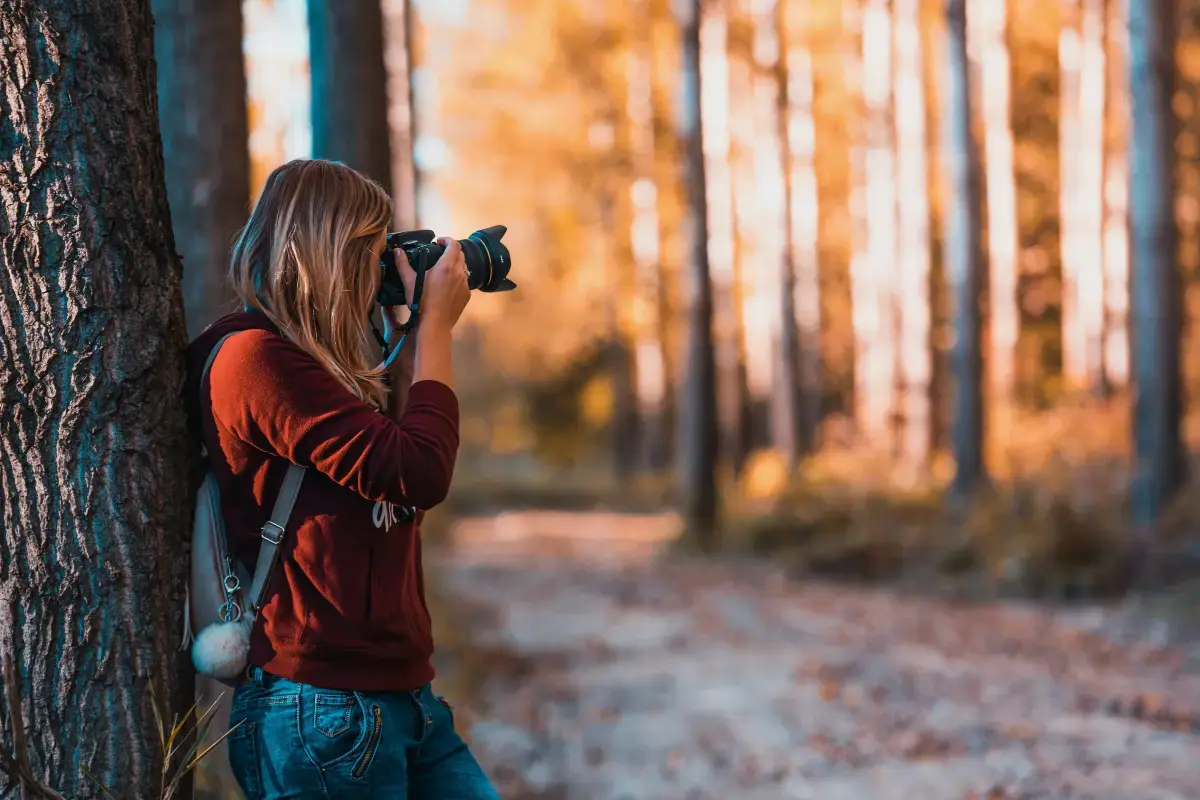
Are Landscape Photographer roles in demand in 2026?
Landscape Photographer experts are still in high demand in 2026. If you are an experienced Landscape Photographer or looking to train and become one. The job market is looking strong for Landscape Photographer jobs near me.